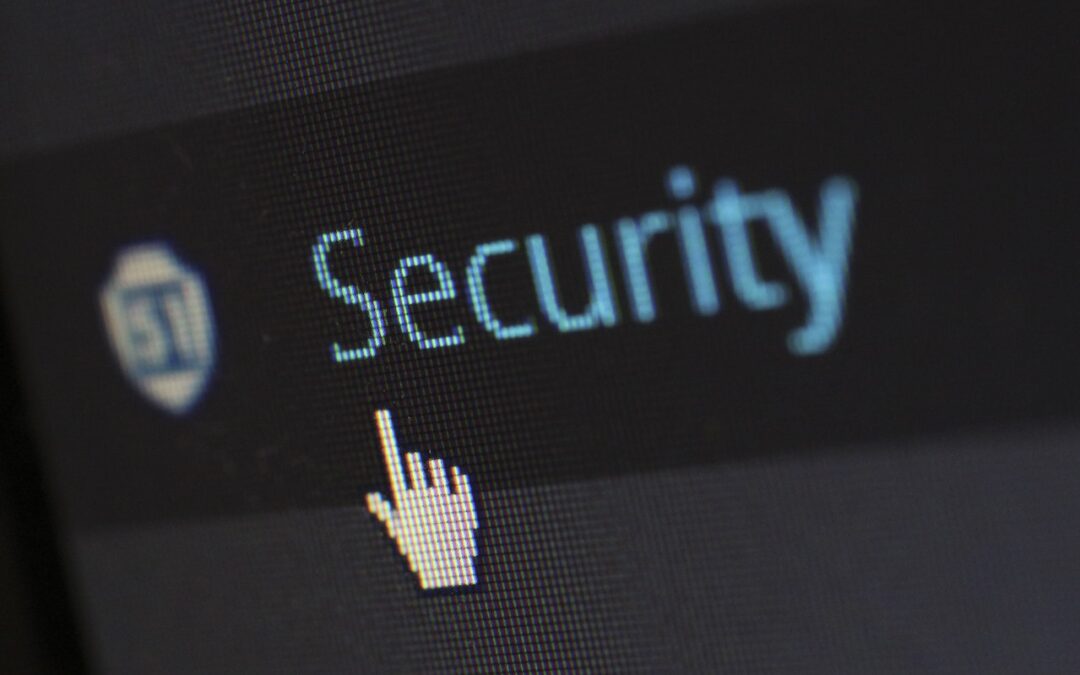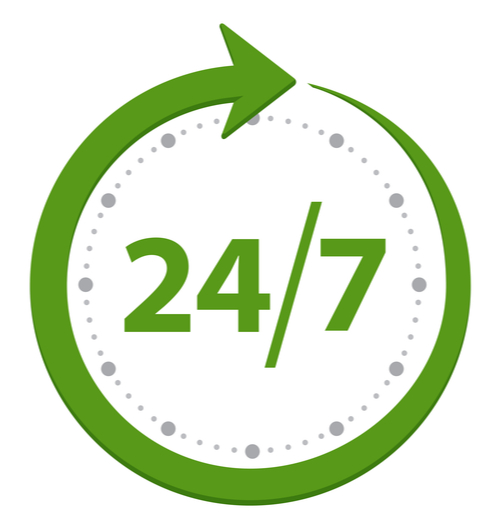Explaining why access control is important starts with the question: what is an access control system? The Computer Security Resource Center defines access control as “The set of rules that define under what conditions an access may take place.” (NIST). Although it’s a definition written specifically for computer security, it works just as well for physical access. Cyber security is only one control measure that must be taken into consideration when writing your own policy. The control measure that matters most to us integrates all of the facets of your security system. In particular, the policy that restricts and tracks who has access to your properties. This is important because it creates an extra layer of security on top of any other security system you currently have in place.
We can further discuss why access control is important by providing a brief overview of the types of policies and installations available to you. This knowledge will help you develop and implement your own policy.
Here are some examples of what an access control system might look like:
Types of Access Control Policies
Simply put, an access control system is any system put in place to restrict who has access to your property. There are several types of control systems that you can install to bolster your security. Each system comes with its own advantages and weaknesses. Most often, we are referring to an electronic system when we use the term “access control.” This commonly includes a computer system, making it possible to keep a meticulous record of the people who have access to your property.
There are several basic types of control policies you might consider putting in place. (StrongDM) Here’s a brief overview of a couple of them-
- The first type of policy is a Discretionary Access Control or DAC. When you implement a discretionary access control policy, there are specific people assigned to make decisions about who gets access to your property. These individuals not only determine who gets access, but to what degree. This system can be as arbitrary or rule-driven as you are comfortable with. For example, perhaps people of a particular rank in your company should have more access to certain parts of the building than lower-ranking employees. Discretionary access control is straightforward and flexible. The potential downside is that it might become unclear or confusing as to who has access to what parts of your property.
- A role-based policy assigns access to particular roles in your company. With this type of policy, anyone who has this given role will have a particular level of access to your security. This means that the people who enter those roles have access as long as they remain in that role. However, that access goes away or changes if they change roles or leave the company. This type of policy has the distinct advantage of providing organization. If you only give access to defined roles in your company, you always have a list of people with that access. The downside is that if there is no one in that role available to provide access to others, it could prove to be problematic.
The type of policy you put in place is flexible. What matters most, is simply that you put a control policy of some kind in place. It’s an important security measure for every business to carefully consider and determine who has access to every part of your property.
Before moving forward with access control installation, you may need to consider the following:
Types of Security Control Installations

Most of the time, when we refer to a security system as an access control system it includes an electronic system as well as its physical locking systems. (Nedap)
Part of why you might adopt an electronic control system rather than a traditional locking system includes practical aspects such as:
- No need for physical keys. Generally, an access control system might rely on cards, fobs, keypads, and other programmable security solutions. All of them eliminate the need for keys.
- Relying on keys makes it hard to keep an “audit trail.” Audit trails refer to a record of who has gained access to a secured area. An electronic-supported control system provides more tools for keeping records of who has unlocked which doors at your facility.
Access control systems also provide heightened security measures. Some of the ways include:
- Better control over who has access to specific areas. This type of system makes it possible to change access codes quickly. It also allows you to automatically restrict or permit access to individuals.
- You can digitally control access parameters, such as who has access, when they have access, and which doors they have access to. Consequently, a well-designed access control system affords you a lot of flexibility and control over your security system.
There are many reasons why access control is important. The main one is that it provides more security and, therefore, greater peace of mind.
Access Control from a Name Worth Trusting
Crown Locksmith is an Atlanta locksmith sitting on a 4.8 rating. We have a vested interest in providing the best security systems for our clients, and this includes the highest level of access control installation in the business. Contact us today for a consultation and learn why access control is important for your business.


